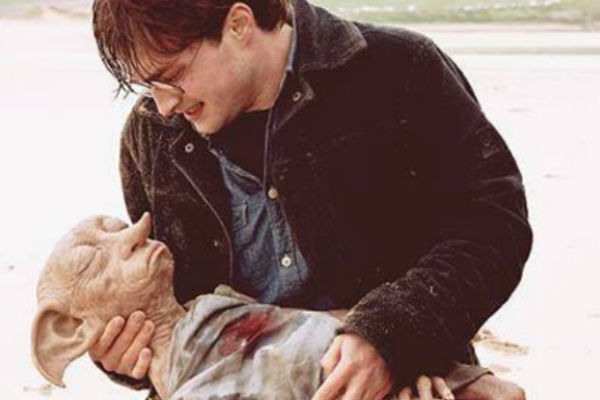10 Things That Happen To Your Body After You Die
10. The Stages Of Death

Sorry, there was absolutely no need for me to bring Dobby into this. Apologies.
Anyway, you'd think that death has a pretty all-encompassing finality about it, but it's actually more of a sliding scale.
In the same way that there are stages of grief, there are also stages of death. Three, to be precise:
Clinical Death
Clinical death is the cessation of vital functions, typically heartbeat and respiration. Your brain activity is actually likely to keep going during this stage, some people think this could be an explanation for near death experiences. Clinical death is, funnily enough, not the death sentence it used to be as you can be resuscitated from this stage of death.
Biological Death
Biological death is probably better known colloquially as "brain death". That is, the electrical activity in your brain ceases, even if your vital functions are being maintained by machines, biological death is generally considered to be "good and proper dead" (sorry to throw technical terms at you) and is non-reversible. Paleness (pallor mortis), stiffness (rigor mortis) and coldness (algor mortis) are all further signs of biological death.
Molecular Death
If biological death is considered "dead" dead, then molecular death really seals the deal. Molecular death is the stage at which the body begins to break down. This happens very shortly after death and its early stages are already underway by the time most people hit the biological death stage as the bacteria in the gut begin to essentially eat their host.